Sessions / Zoom 3

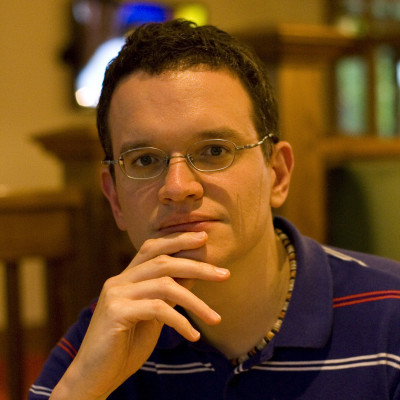
TBL SIG Annual General Meeting #840
This is the Annual General Meeting of the TBL SIG AGM. The main aim of the SIG is to help bridge the gap between task-based language teaching theory and practice, especially as it relates to Japan and Asia. At the AGM, we will report on and discuss SIG activities and publications. We welcome present members, as well as anyone who might be interesting in becoming involved with the SIG in the future.

Teacher Development SIG Annual General Meeting #827
In this annual general meeting, members of the Teacher Development (TD) SIG will report on the recent activities of the group. Officers will share information and news about the SIG’s events, membership, publications, and other related matters. As well as discussing previous work, ideas about the SIG’s future will be shared, and the results of this year’s officer elections will be announced. Current and potential SIG members are encouraged to come along to this session.
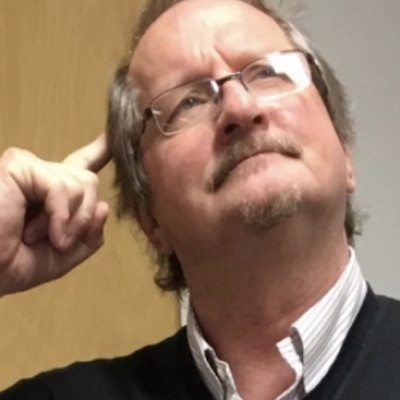
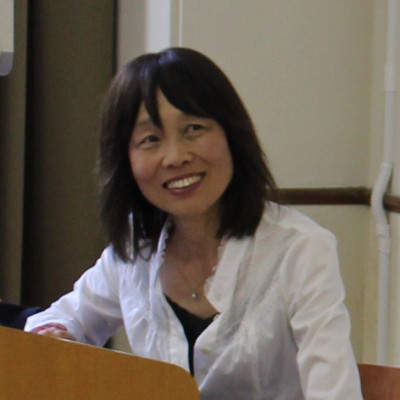
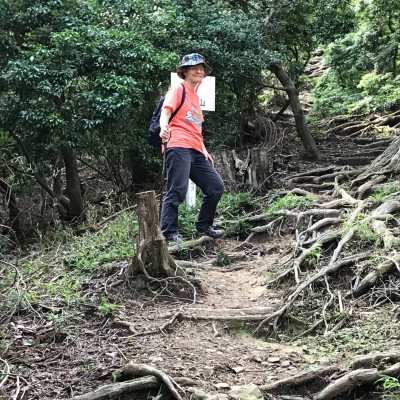
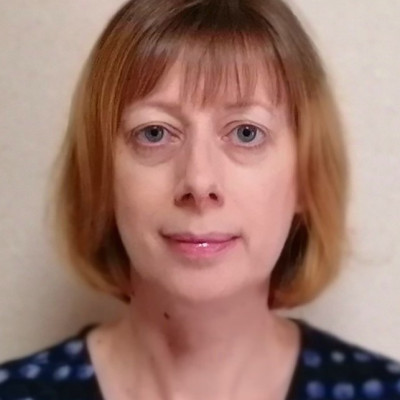

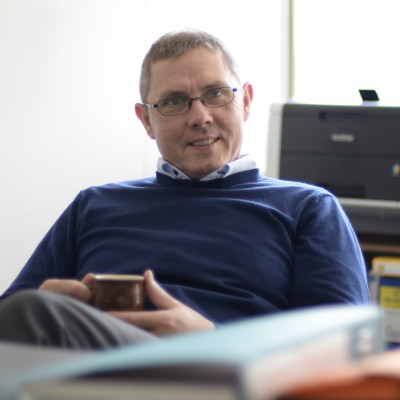
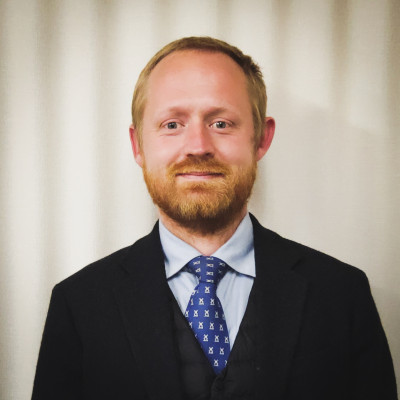
Predictive Language Processing and Its Role in ELT #821
Predictive Processing (PP) is a fundamental and exciting theory in neuroscience. This forum will focus on the critical role PP plays in foreign language processing. Following an overview of PP, participants will be able to choose two topics to hear more about and discuss in separate breakout rooms (PP in depth, multi-word utterances, grammar, intensive reading, study abroad, extensive reading). With two rounds, everyone will be able to visit two rooms.
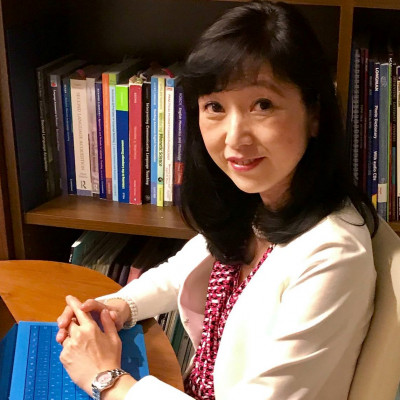
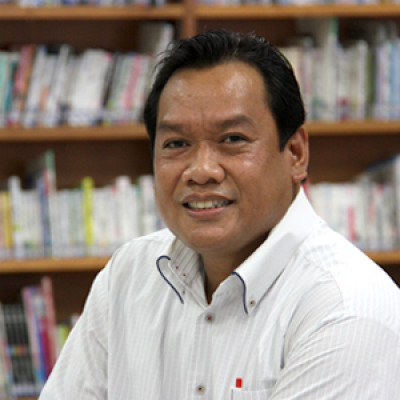
Adapting Can Do Descriptors to Remote Teaching #405
Can do descriptors are an important tool to make learning outcome transparent to learners and stakeholders. The extended version of the CEFR, the CEFR Companion Volume (Council of Europe 2018), offers Can do descriptors for telecommunication. This workshop will examine a range of related descriptors, discuss their applicability, including an online oral assessment using CEFR as a rubric base, and give hints to adapt the descriptors to various contexts of emergency remote teaching and learning.
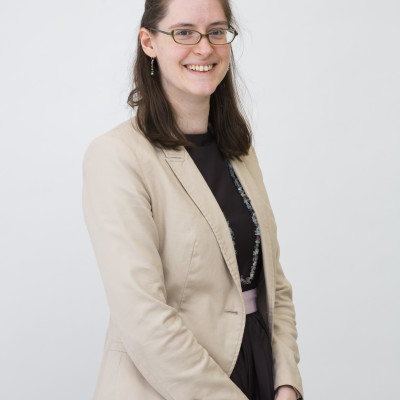
GILE SIG Annual General Meeting #838
This is the annual general meeting for the Global Issues in Language Education SIG. We will give an update of what has happened over the last year and hold elections to fill officer positions. Come join us if you are already a member or thinking of joining. New ideas and perspectives are always welcome!
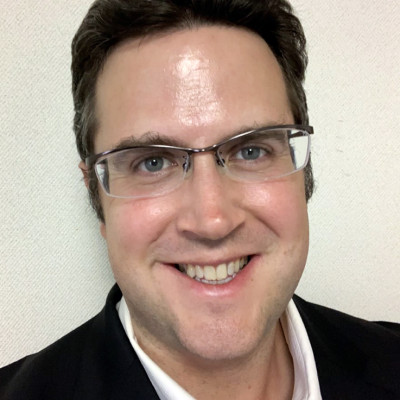
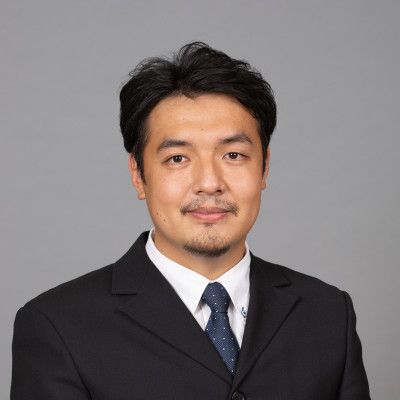
CT SIG Forum: Critical Thinking in Trying Times #822
This year’s Critical Thinking SIG Forum will focus on adapting critical thinking pedagogy to online and distance learning focused classrooms. Our situation with the COVID-19 pandemic has made everyone rethink their approach to teaching. This forum will share three strategies to help you introduce critical thinking in your classes whether they are in person or online.

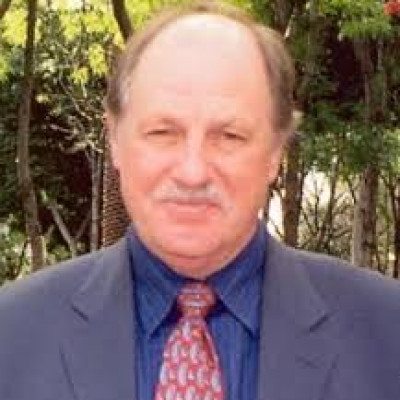
Material Writers SIG Annual Forum #277
Coursebooks consist of lifeless words and illustrations. Some are visually appealing, some are interesting but all of them need bringing to life. For coursebooks to facilitate language acquisition they need to interact with the minds of their learners and help their learners interact with others. I’m going to discuss and exemplify how teachers and learners can bring their coursebooks to life in ways which are principled and have the potential to facilitate eventual acquisition.

MW SIG Annual General Meeting #836
This is the Materials Writers SIG’s Annual General Meeting. We will report on the 2019-2020 year and talk about plans for the upcoming year.
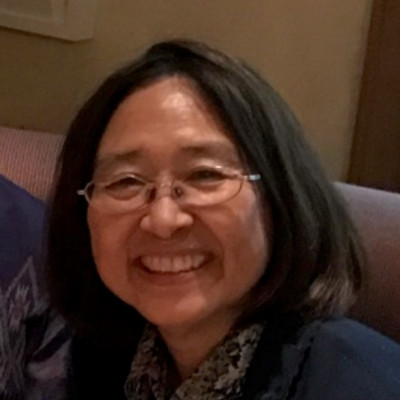
Pragmatics SIG Annual General Meeting #830
Pragmatics SIG holds elections and provides reports to members.
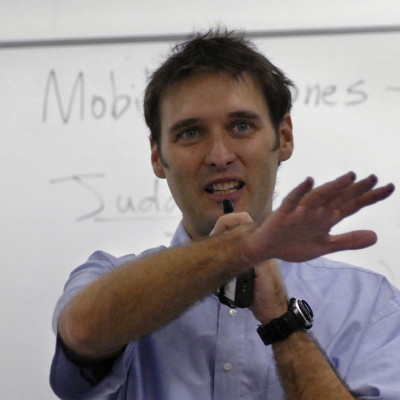

Academic Partnerships: Intercultural Negotiation #261
In this forum, the presenters will share their experience and answer questions regarding various issues that arise when negotiating overseas academic partnerships. Topics include: (a) first steps for establishing the partnership; (b) negotiating differing perspectives (including mediating between our host university and partner university); (c) maintaining the partnership (including overcoming problems); and (d) ending partnerships. Simon is the director of partner negotiations for his faculty and Peter is the international ambassador at National Taipei University.
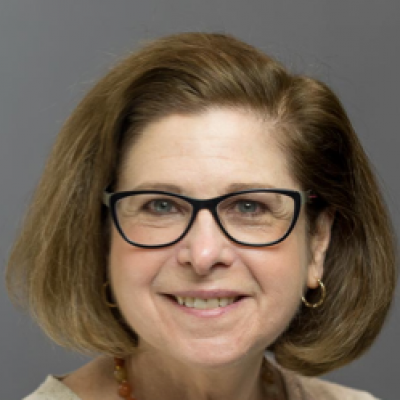
SOFLA-Synchronous Online Flipped Learning Approach #404
Best practices in online teaching should include the eight steps of the Synchronous Online Flipped Learning Approach (SOFLA), a distance learning model which most closely replicates actual classroom teaching. SOFLA includes structured, interactive, multimodal activities, both asynchronous and synchronous, that create fertile spaces for teaching and learning online. Participants will learn how to implement each step, and will receive digital resources to guide them in using SOFLA. In the spirit of flipped learning, there is pre-work for this session – brief, engaging and fun! Link: https://forms.gle/siKR1A6fs8J56oU87
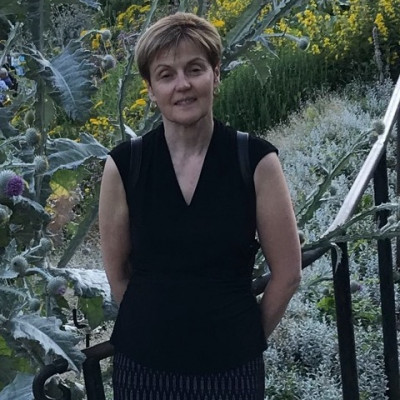
The Text Highlight Tool: Feedback with Colour #519
In this practice-oriented session, participants will learn how the text highlight tool, a feature in word processing programs, can serve as a low-tech option for corrective feedback in the online classroom. The use of this tool can enhance corrective feedback by using colour to highlight grammar, vocabulary, and mechanical errors. The presenter will use student samples to illustrate three ways that highlighting with colour can be applied to ESL or EFL student paragraphs.

MAVR Annual General Meeting #302
This is our annual business meeting for our SIG, the Mixed, Augmented, and Virtual Realities in Learning research group. We will hear our annual reports from our officers, summaries research and events for 2020, and preview upcoming MAVR presentations. Ongoing conversations are welcome with #MAVR throughout the conference. Visit http://mavr.site for more information.

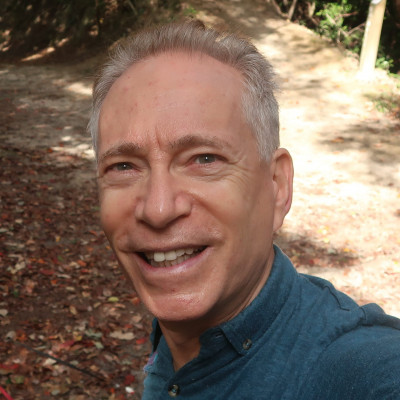
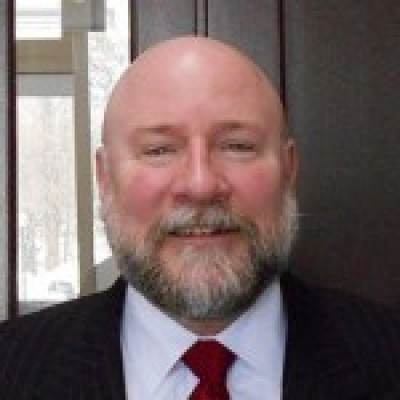

Teachers Helping Teachers SIG Forum and AGM #273
This forum will bring together Teaching Helping Teachers (THT) THT members, country coordinators and interested parties. Invited speakers from some of the THT programs, such as Bangladesh and Kyrgyzstan, will talk about their experiences with THT and teaching during the pandemic. Due to COVID-19 most of the THT 2020 programs have been unable to go ahead. Participants will also discuss the role of THT in a COVID world. Presentations and discussion will be followed by the Annual General Meeting.

Virtual Field Trips: PBL Workshop Creation #402
Virtual field trips allow students to explore essential questions, discover answers, and deliver unique projects through PBL netquests. Savvy teachers like you create virtual field trips to shift online, with models I show to create yours so your students develop skills in accessing information from the virtual world and hone collaboration skills with other students on projects. By the end of the workshop, you will know how to create virtual field trips for your students.
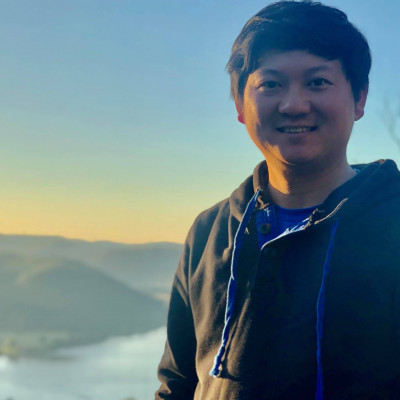
Impact of Training on Teacher Corrective Feedback #644
This presentation reports on the findings of a qualitative study of secondary EFL teachers’ oral corrective feedback (CF) before and after a professional development program. Data included interviews, reflections, and observations pre- and post-training. This study found that the participants changed their CF beliefs and practices considerably after taking part in the programme. The study suggests that teachers’ feedback beliefs and practices can be changed by workshops accompanied by appropriate follow-up teacher learning activities.
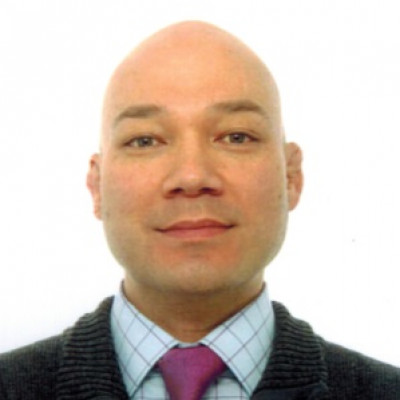
A Synthesis of Student Evaluations of Teaching #623
Student evaluations of teaching (SET) have become a fundamental component of evaluating faculty effectiveness in higher education. Recent initiatives by MEXT have put pressure on universities to publicly display student evaluations of teaching. This presentation explains evaluation questions and explores the connection between SET scores and student perceptions of learning by sharing research findings on known biases like student motivation, class size, gender, and background knowledge.


PanSIG 2019: A Case Study on Attendee Demographics #724
This presentation analyzes demographic data of attendees of the 2019 PanSIG conference as a case study to follow-up a 2018 survey about who attends JALT conferences and why. Analysis compares conference data with JALT membership demographics. The data provides evidence and information about ways JALT can improve access to conferences and thereby widen the demographics of attendees. Greater participation in conferences is one step to creating a more vibrant and inclusive language teaching community.
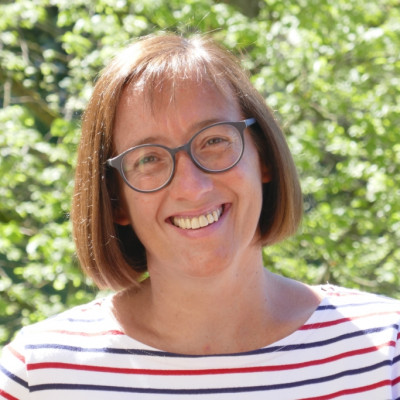
Teaching Wellbeing in Context #392
Promotional Visit the Oxford University Press pageTeacher wellbeing is not an optional extra element but the foundation of good practice. In this talk, we will explore the factors that contribute to positive teacher wellbeing focusing on aspects of the contexts and communities that can hinder or inhibit professional growth and job satisfaction. The talk will include practical suggestions for individuals and institutions to reflect upon including relationships, communication, autonomy, self-efficacy, and boundaries.

Leadership Skills for Women Educators: Your Voice #691
Have you ever found yourself in a situation where you were a silent or non-majority participant in your school, in meetings, or other professional communities? In this presentation, we will look at approaches to leadership drawing from examples in executive presence (EP), collaborative leadership (CL), and others. Navigating our positions as women in Japanese work environments will be highlighted as we explore new leadership paths together.
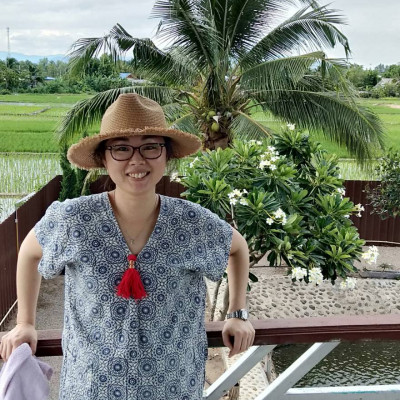
Teacher Cognition of Learning Beyond the Classroom #565
This research explores teacher cognition of language learning and teaching beyond the classroom and provides insights into teacher learning processes during an inquiry into student learning from an ecological perspective. The development of teacher beliefs, their subsequent actions in teaching, and their reconceptualization of their roles are examined using a multiple case study design involving narrative and thematic analyses of multiple data sources, mind map drawings, semi-structured interviews, and reflective journal entries by the researcher.
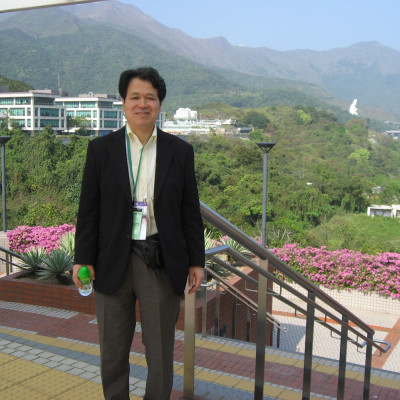
International Teaching Assistant Education and EMI #738
International teaching assistants (ITAs) are unique to North American higher education and have enriched educational experiences on university campuses despite linguistic, pedagogical, and cultural challenges they may face in the target culture. This paper introduces ITA education in US universities and describes its development, common issues raised and corresponding training areas such as pragmatic competence necessary for ITAs to deliver academic content in English effectively. It discusses implications for English as a medium of instruction (EMI) in Japan and beyond.

Multimodal Knowledge-Building in EFL #659
What really goes on in MEXT’s secondary school English Communication classes? The analysis of one teacher’s choices, through systemic-functional theory (SFT) and legitimation code theory (LCT), in their use of space, gaze, and gesture, along with discursive and lexicogrammatical choices in language, can show how they foreclose and create cumulative knowledge building (Maton, 2014). Based upon this examination, the speaker will close with thoughts on possible future directions for research and teaching.

Implementing Effective Professional Development #755
Japan’s Ministry of Education has identified professional development (PD) as necessary for innovating its education system (Murakami, 2019). However, effective PD must be context-specific (Guskey, 2003; Kinugawa & Tachi, 2003; Richards, 2010). This presentation shares three years of feedback on PD conducted for lecturers at a Japanese university. The perceived value of PD opportunities depended on many factors. The presenter will address the affordances and challenges in creating PD programs while demonstrating this program’s evolution.
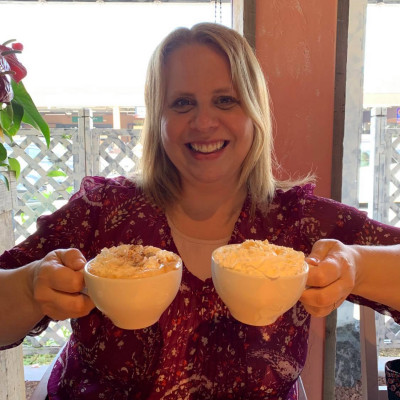
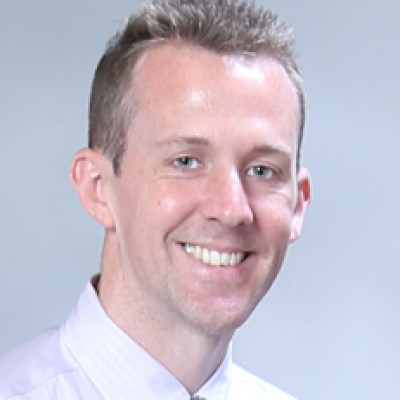

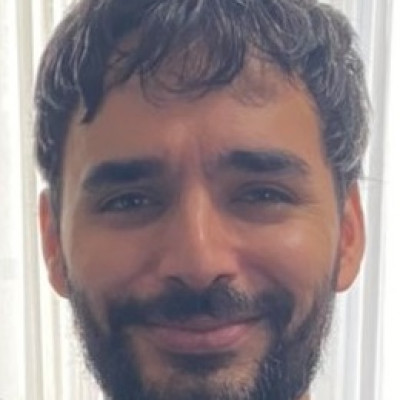

A Coordinated Action Research Program #252
A panel of teacher-researchers will discuss their experiences designing and implementing action research in the Japanese EFL university context. Topics include exploratory practice in a reading and writing class, learner reflections on leadership skills in group work, providing optimum scaffolding for reading circles, and addressing learner reticence to speak English in the classroom. Discussants will share reflections on receiving guidance from an expert researcher, group meetings, project design, ethical practices, and classroom experiences.
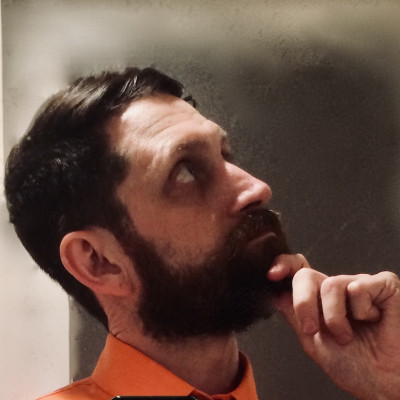
Tidings From the Grim Reaper: Corporate Influence #448
More universities and colleges are turning to the “dispatch” services of language companies to obtain instructors and run their language programs. How do these companies gain access and footholds? What does this mean for regular instructors? How can an instructor work to secure their position and prevent corporate infiltration? The presenter, a former tertiary education contract acquisition specialist now free from the life of corporate skullduggery, answers these questions and more.
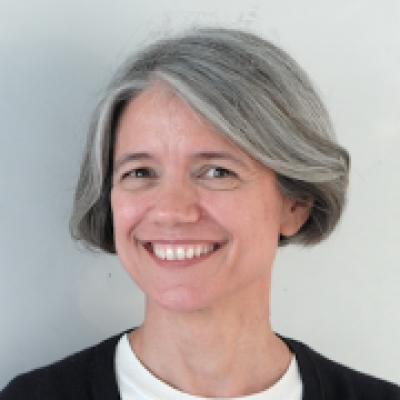
Literature in English Communication Courses #468
This workshop will introduce some very short stories, so-called flash fiction, that might be used in addition to or integrated with typical EFL textbooks and show how to incorporate the stories in an English Communication class. Literature is open to multiple interpretations, and these various opinions about a text promote genuine discussion. Furthermore, the use of literary texts has the potential to expose students to world Englishes and various cultures. No literary background required.
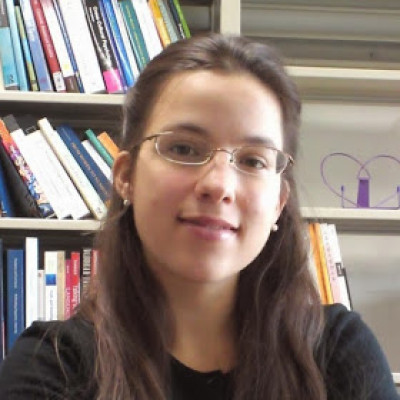
Problems Redesigning University EFL Curricula #766
This presentation examines the institutional issues affecting universities seeking to redesign their current English education curricula through a case study of one faculty in Tokyo. Particularly important issues the faculty dealt with included restrictions on curriculum changes for accreditation purposes and changes in the labor laws affecting staffing choices. Discussion of these issues will be followed by practical advice on how best practices in curriculum design can be implemented effectively given such institutional restrictions.
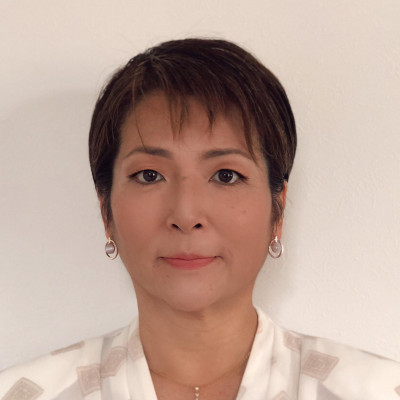
Stepping Up to Be a Teacher Trainer #369
Are you ready to be a teacher trainer? Is teacher training simply just teaching others how to teach, sharing your knowledge and experience? Have you been asked to train other teachers simply because you have been teaching longer than others? Good trainers are good teachers in the classroom, but not all good teachers can be good trainers. This is an interactive workshop focusing on andragogy for current and future English teacher trainers.
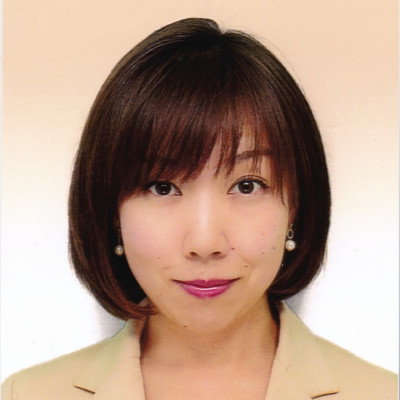
EMI Teachers: Required Competencies & Support Need #596
Despite the increasing prevalence of English Medium Instruction (EMI) courses in universities in Japan, little is known about the competencies required to teach these courses successfully. Through semi-structured interviews with university instructors who have taught EMI courses, I examined the difficulties faced by them, competencies they need to have, and professional development and additional support they wish to receive to run EMI courses effectively.